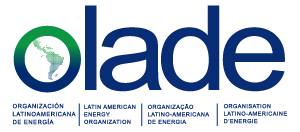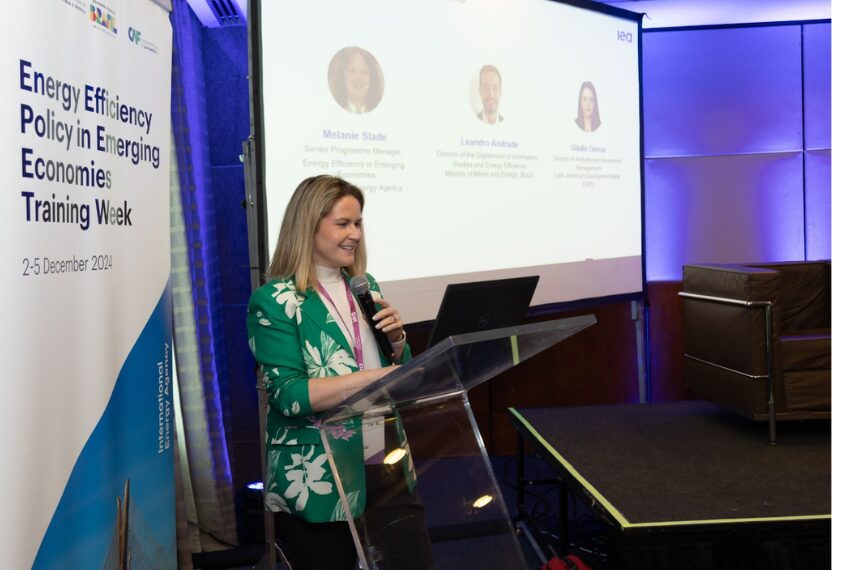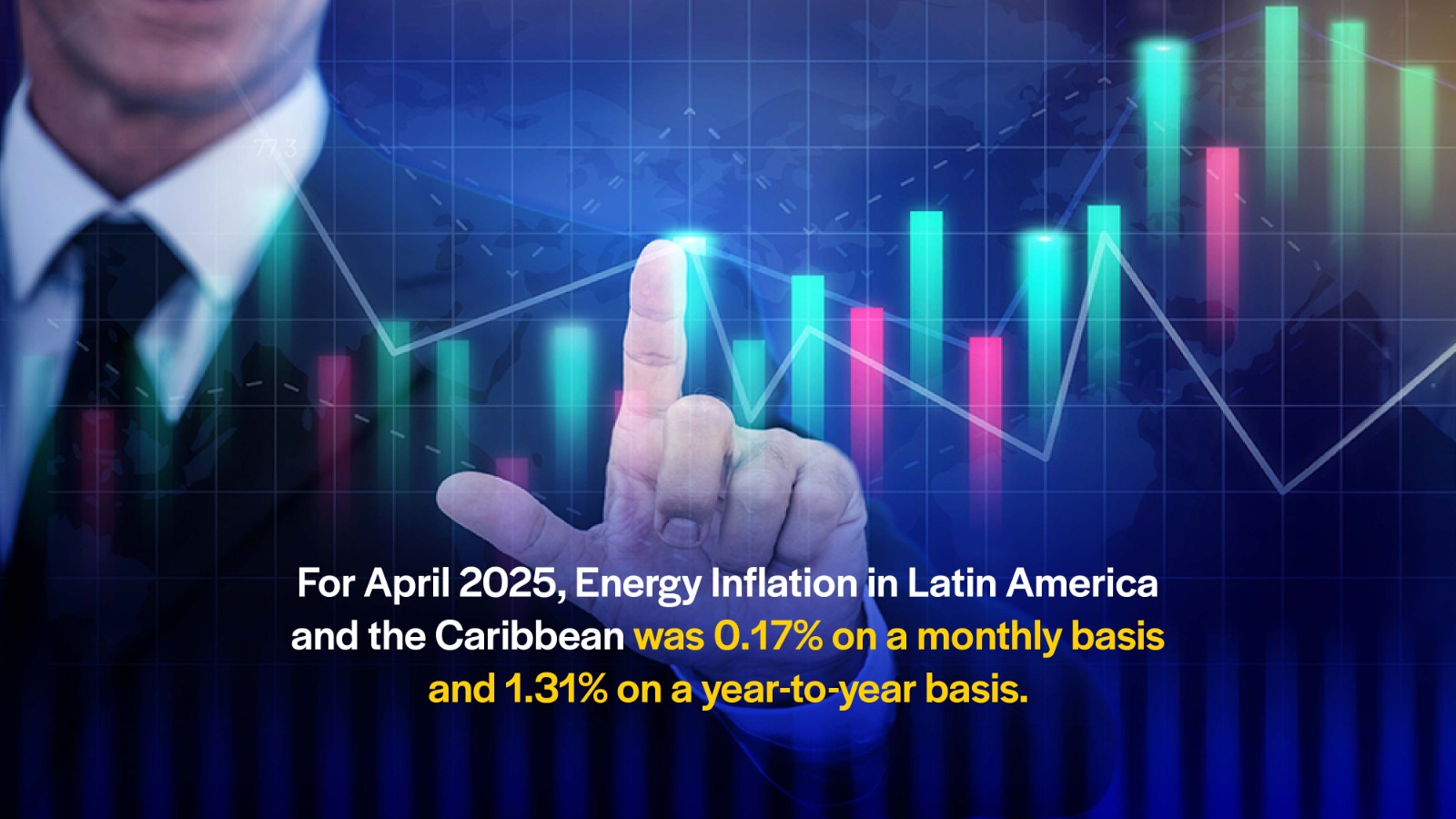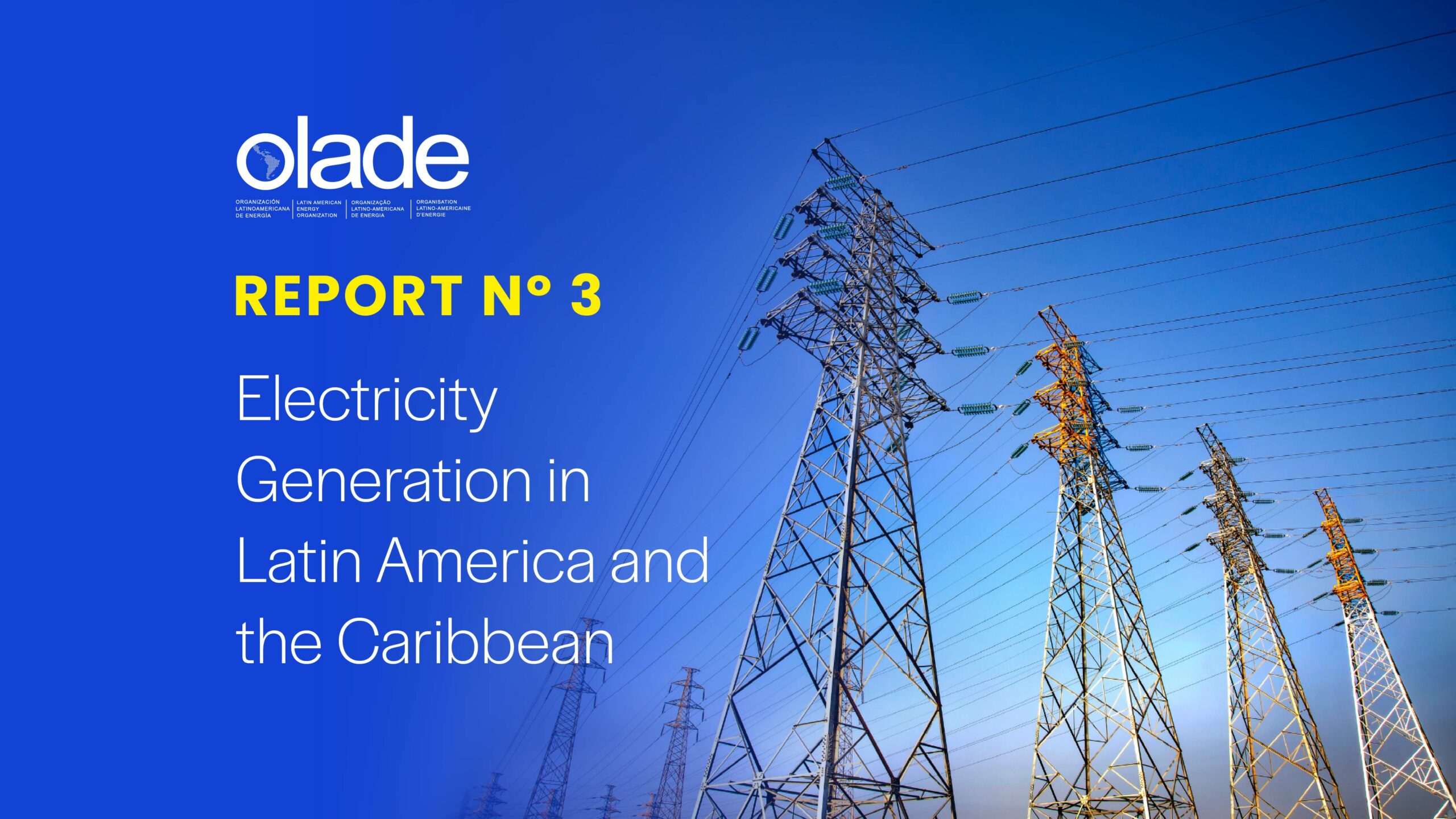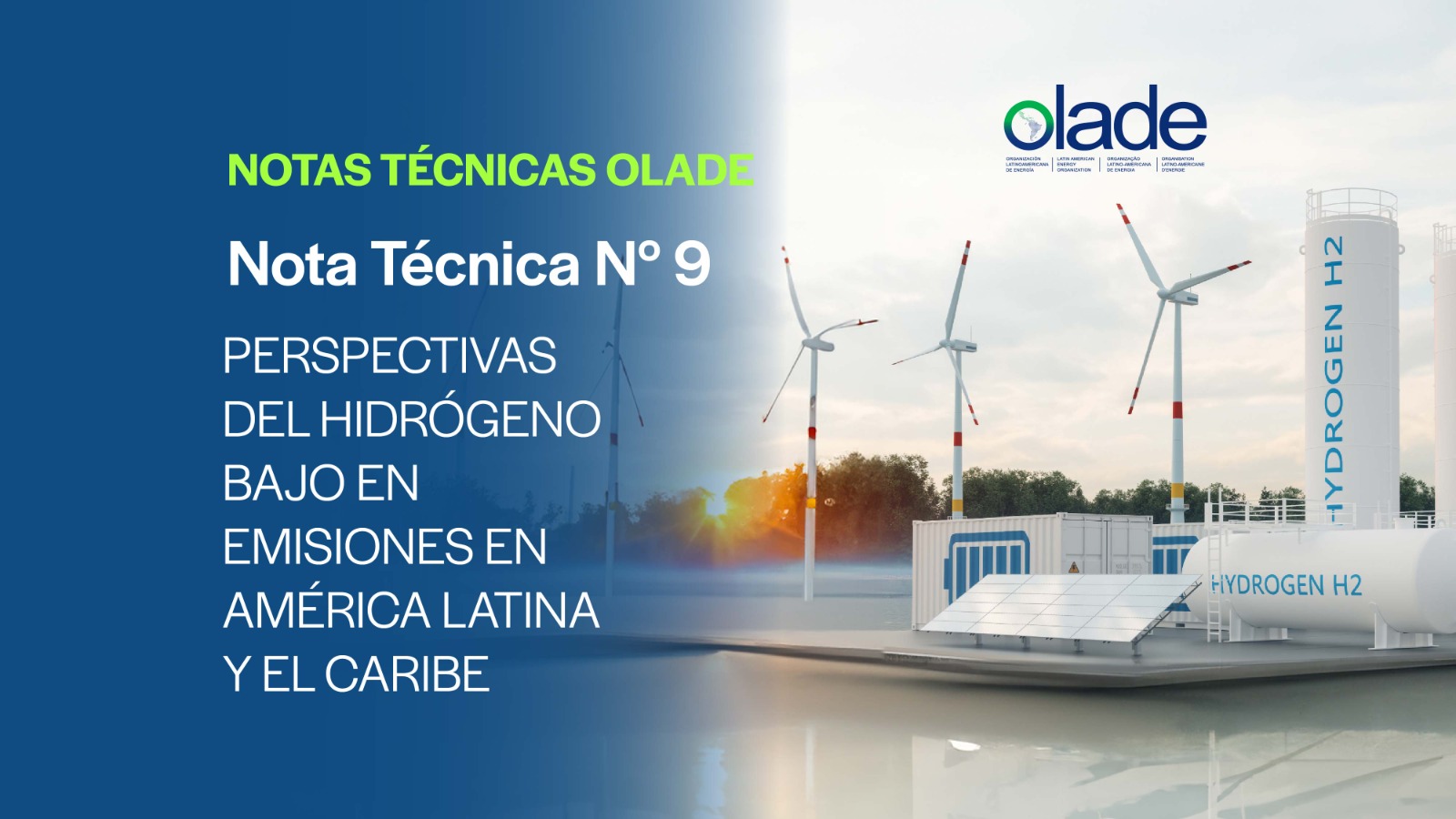The International Energy Agency (IEA) organized the Energy Efficiency Policy Training Week for Latin America, a key event held in São Paulo that brought together more than 2,500 professionals from over 120 countries, primarily from government institutions and support organizations in emerging economies.
The main objective of the Training Week was to build capacity among policymakers in the region, providing tools and knowledge to design and implement effective energy efficiency initiatives aligned with local and global needs.
Among the prominent participants was Mijal Brady, Chief of Staff of the Latin American Energy Organization (OLADE), who delivered an inspiring address on the strategic role of energy efficiency in the sustainable development of Latin America and the Caribbean.
During her speech, Brady emphasized the intrinsic connection of the region with renewable energy sources such as solar and wind, highlighting energy efficiency as a fundamental pillar for transitioning towards a more sustainable future. “It’s not just about reducing consumption, but about maximizing the benefits derived from its implementation,” she stated.
Brady underscored the importance of adopting a multisectoral approach to energy efficiency policies, integrating not only energy savings but also the multiple additional benefits, including:
- Reduction of greenhouse gas (GHG) emissions.
- Improvements in the quality of life of communities.
- Promotion of technological innovation and industrial competitiveness.
Her address concluded with a call to action: “Energy efficiency must be a shared task among governments, the private sector, academia, and local communities. Only through joint efforts can we achieve a more sustainable energy future for our region.”
The event made it clear that energy efficiency is not only a tool for saving energy but also a key component in addressing current climate and social challenges. Through regional and international collaboration, Latin America and the Caribbean continue to strengthen their path toward sustainable energy development.
